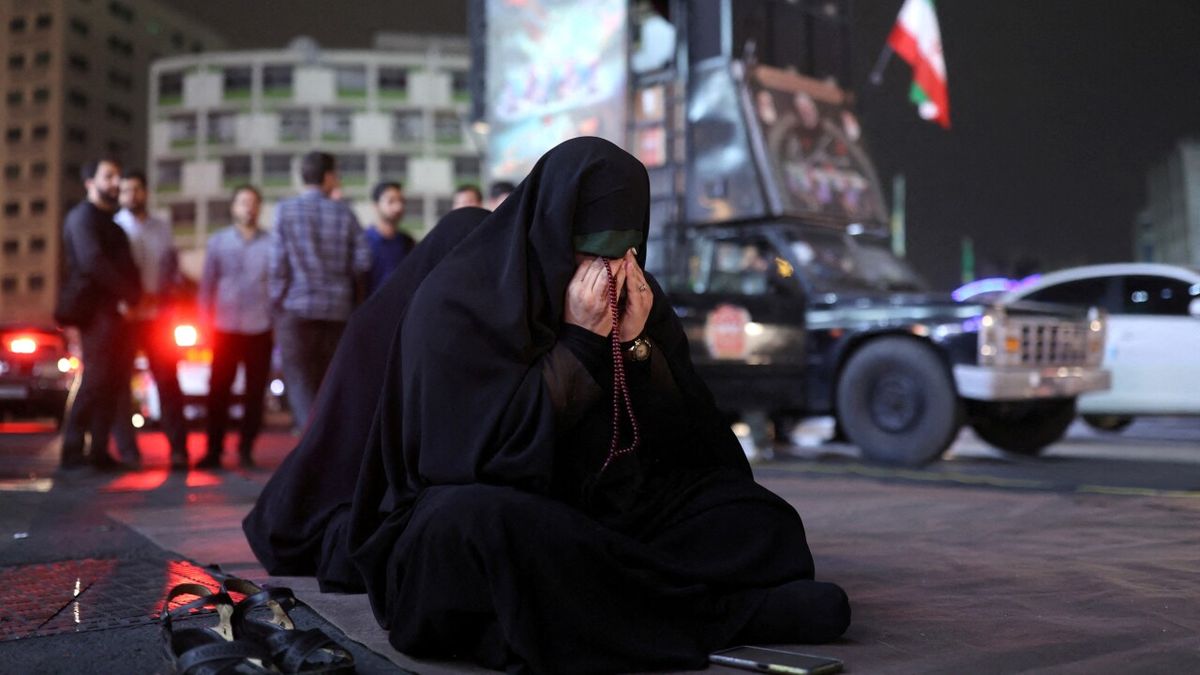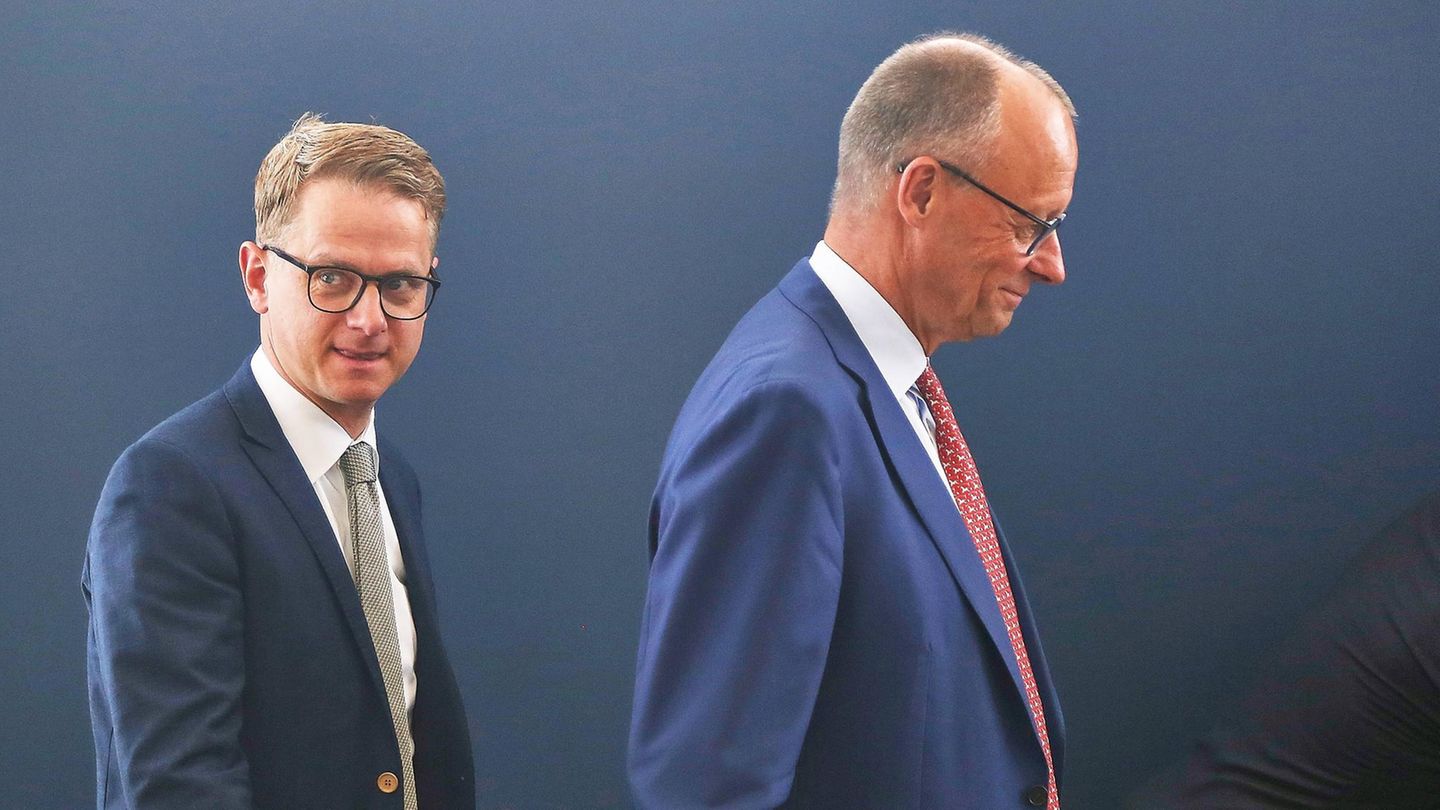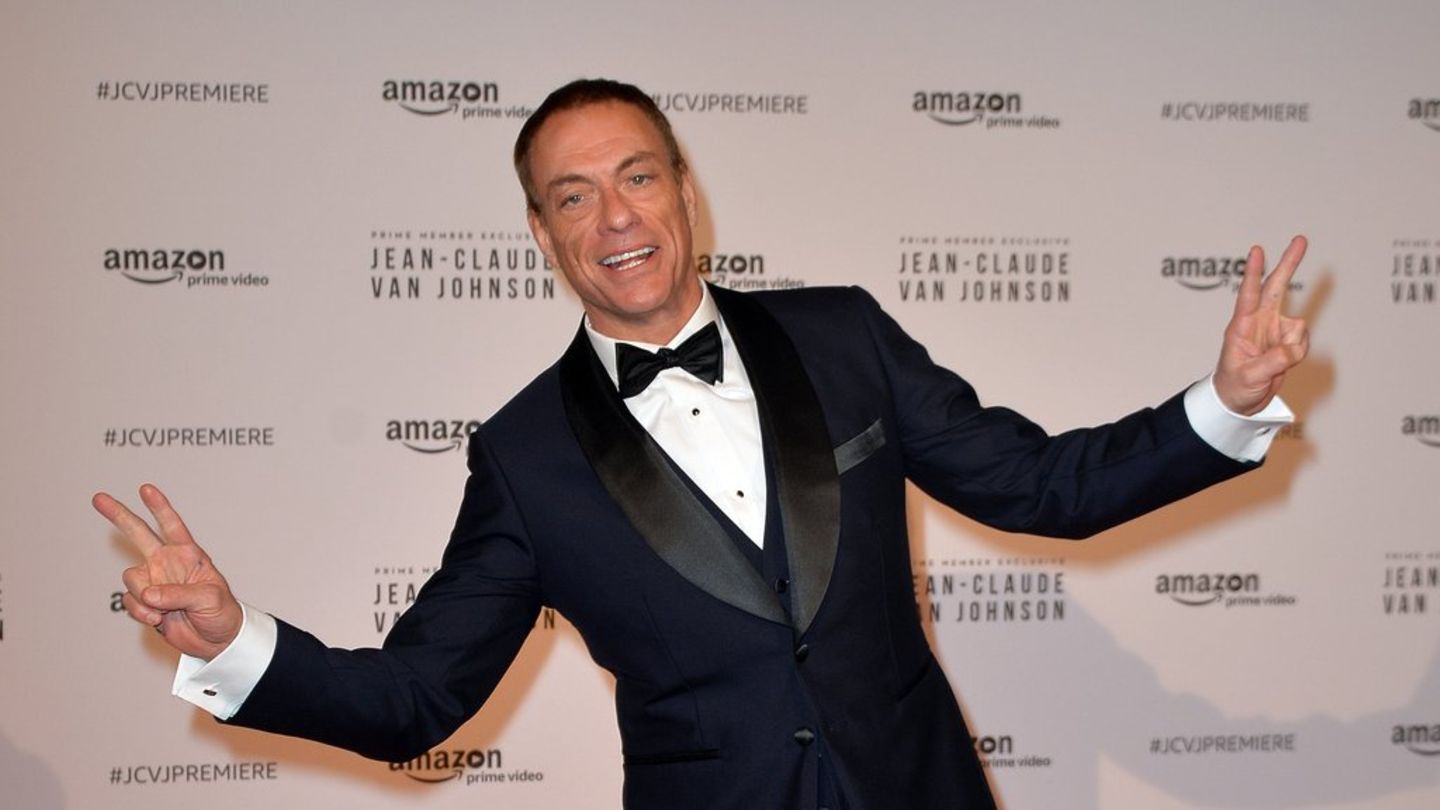It is known that the market has historically reacted poorly to uncertainty. And although the death of the president of Iran, Ebrahim Raisiwould have the potential to be news that generates great shocks, the price of Petroleum It operated practically stable this Monday.
He Brent crude oilreference value of Europe and the imports it makes Ancap, was down 24 cents at $83.74 a barrel this morning. While US crude West Texas Intermediate (WTI) for June, which expires on Tuesday, was down 33 cents at $79.73 a barrel. The more active July contract was down 28 cents at $79.3.
The charred remains of the helicopter carrying the Iranian president, his foreign minister, Hosein Amirabdolahianand six other passengers and crew were found early this Monday in some mountains near the border with Azerbaijan.
The news of the death of Raisi, a conservative figure close to the Ayatollah Ali Khamenei who was considered his successor, although he has the potential to generate the typical tensions in domestic politics in Iranwas not seen as a threat by the market for several reasons.
On the one hand, an Iran imprisoned by sanctions economic due to its nuclear plan, it is unlikely that it will change its policy of selling Petroleum. Financially drowned, the Islamic Republic’s position has been, in recent years, to market all the crude oil it can to ensure the income of foreign currency.
Added to this is that Khamenei himself quickly reduced the risks of uncertainty by announcing the process that will follow the death of Ebrahim Raisi: the first vice president.Mohamad Mojberwould assume the position of interim president and elections will be held in 50 days.
It should be remembered that in Iran, a theocratic republic, the bulk of decisions about its government remain under the aegis of the ayatollah. As much as Raisi led a strong presidency, that strength emanated from his relationship with Khamenei. Ultimately, his successor and the policies they undertake will extend over the field of action delimited by the supreme leader, leaving little room for uncertainty.
The minor risk is, for now, that the call for elections will trigger, as happened in the past in Irana wave of reformist protests. But analysts assume that the security forces and the judiciary will quickly silence them.
“In the long term, market considerations will focus on the implications for Khamenei’s successor and the possibility of protests around the elections,” he considered. Paul Donovanchief economist of UBS in London.
A scenario in which Iran classifying Raisi’s death not as an accident but as an attack would probably have generated another level of uncertainty in the market, although at the moment there are no voices in power in Tehran that have suggested that line of investigation.
Source: Ambito




